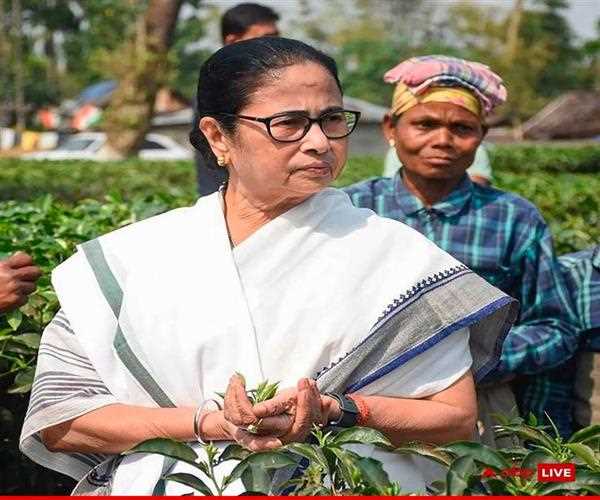Allegations of Vote Bank Politics
In its political events, Mamata Banerjee’s government was alleged to be playing vote bank politics by encouraging Islamic radicalism in west Bengal. Using such indices politicians criticize her administration policy of appeasing selective religious groups in part through selective implementation of welfare state provisions and through relative indulgence towards certain groups who are charged with propagating radical doctrines of intolerance. Such actions critics said are intended to score political points at the risks of national security.
Weak Law Enforcement in Border Areas
West Bengal has a vast open border with Bangladesh and this border is usually used by immigrants and smugglers. Some critics accused Banerjee’s administration of not being forward enough on these matters, where extremism groups have been accused of hiding. They have accused the current administration of weak border surveillance charging that this has facilitated growth of disorder. Some of the justification that has been given over alleged poor border control include:
Madrasa Oversight and Radicalization Concerns
The increase in madrasa funding in the years of Banerjee’s regime has attracted controversies. Though education support is excellent, opponents pointed out that weak supervision of some schools has let them turn into recruitment centers for extremism. These claims, therefore, imply that perhaps the reason why the government lacked the appetite for an intervention was the enormous voter appeal that the team has.

Suppression of Opposition Voices
According to the opposition parties, Banerjee’s administration hushes voices that draw attention to such problems. That is why cases of political violence and censorship are viewed as attempts to shift attention to specific policies that may contribute to the effective functioning of radical groups. The kind of actions they make scholars to claim that they hamper the process of accountability and transparent governance.
Security Implications on the Nation
The opponents have accused Mamata Banerjee of favoring governance that is largely inclined towards political concerns at the unnecessary jeopardy of national security. Here, her administration’s alleged dismissal of activities associated with radicalization and extremism threatens to complicit India’s war on terrorism. In view of these problems, enhanced governance and a more moderate stance as regards welfare policies are called for.
Conclusion
In conclusion, It is not debatable that during the Mamata Banerjee regime, West Bengal was plagued by governance and communal issues vote bank politics and favouritism were favorites. The opponents recognize that her policies led to the formation of fragmentation in society, and diminishing the inside security and promoting extremists. In the future, equitable cooperation and submissions meaning non-favorable, legal, and fair development should be achieved by balanced leaders. There can be no sustainable peace and development of all communities in West Bengal unless there is honest stewardship and accountability.